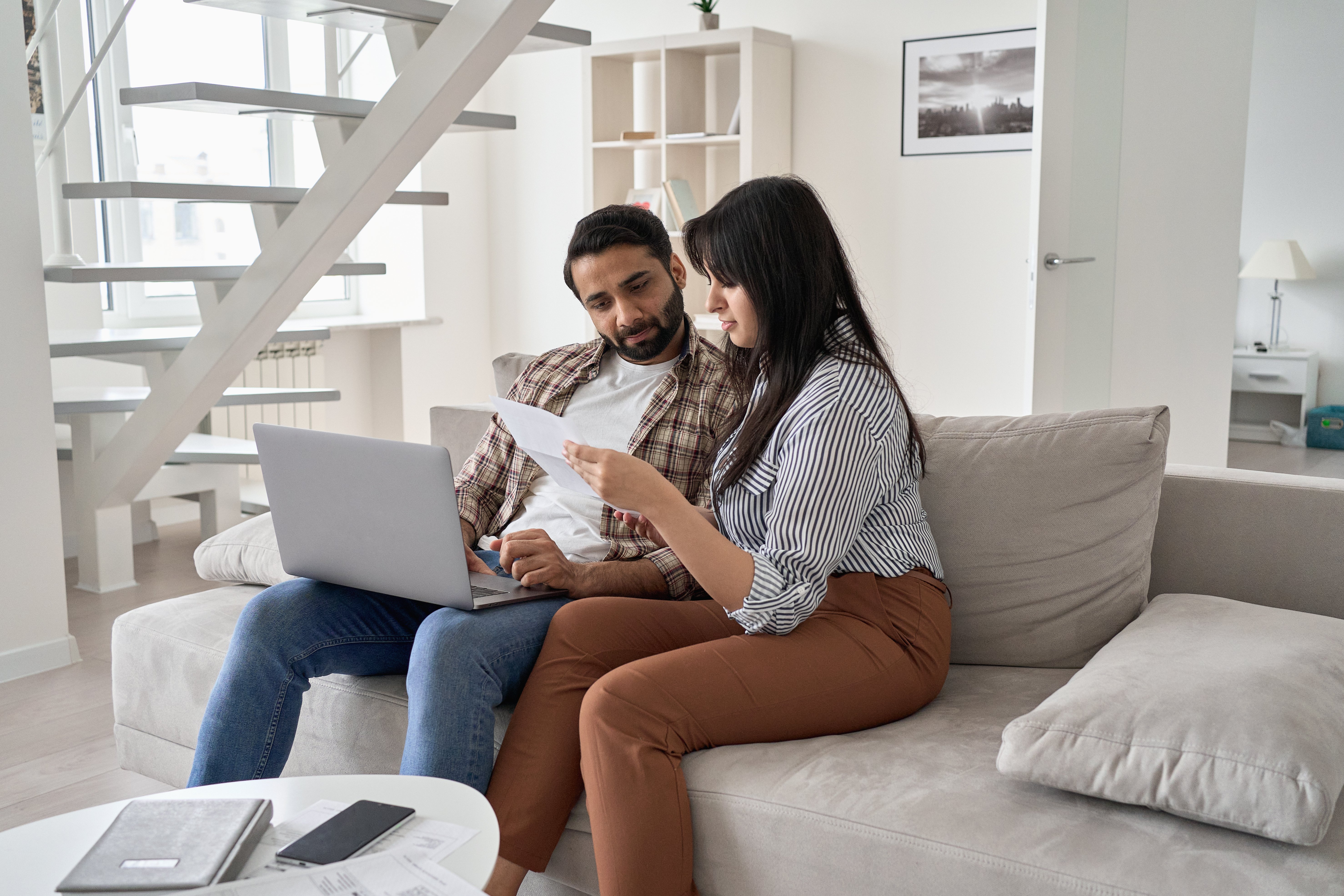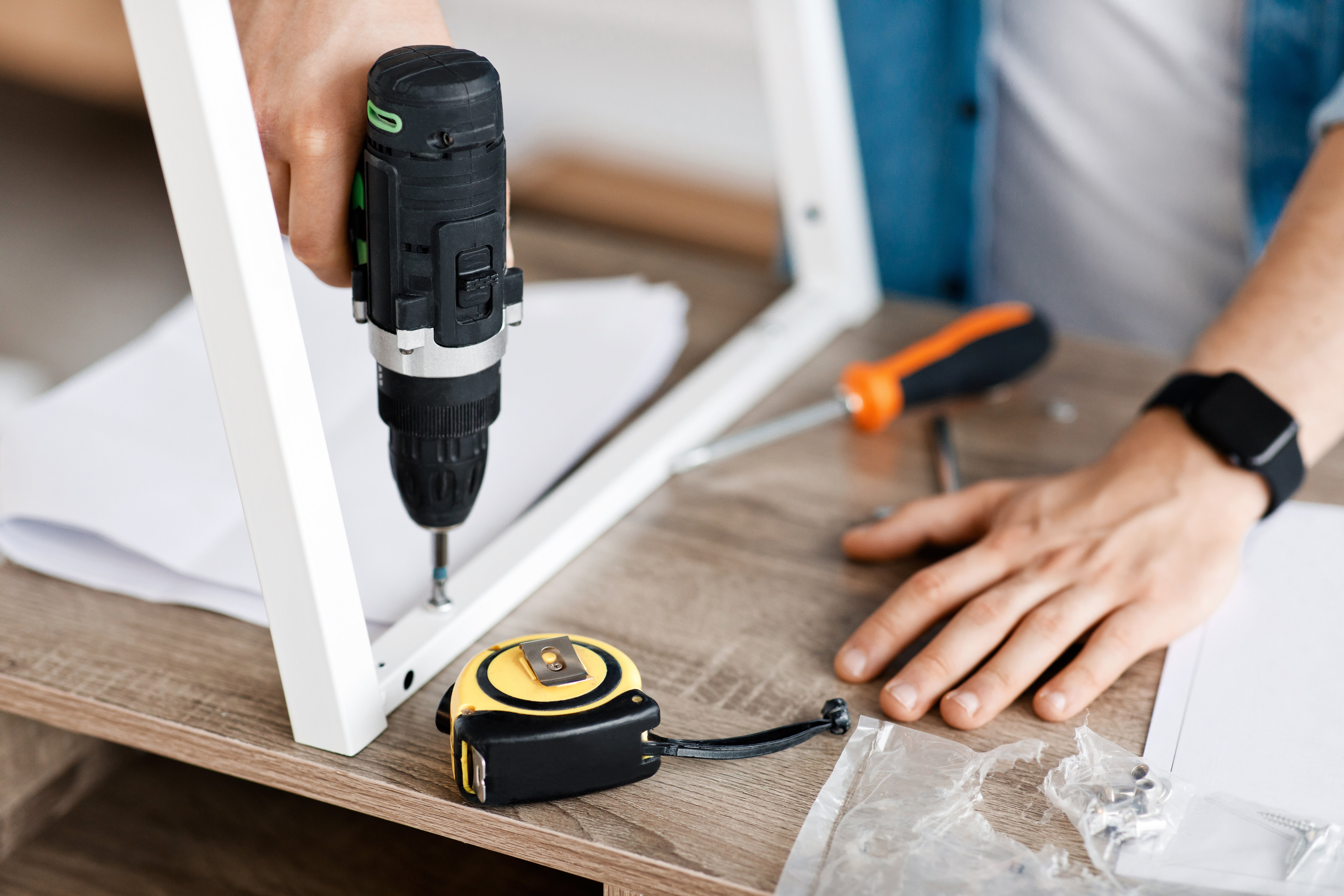6 Clever Ways to Use Your Tax Refund
Have you lodged your tax return yet? Are you expecting a tax refund this year?
Most Australians who lodge their tax return do get some money back. In fact, according to Finder, 80% of Australians who do their tax return can expect to receive a tax refund, with the average refund sitting at approximately $2,500.
But what do you do with your tax refund once it comes in?
With a lump sum being paid into your account, it can be tempting to either splurge it all at once, or just let it sit there. But this is your money - your hard-earned cash. So why not think about how you can make it go further?
If you’re not sure where to start, don’t stress. From creative spending to smart saving, we’ve prepared 6 ideas to help you start planning how to use your tax refund. Future you will thank you!
SPENDING YOUR TAX REFUND
1. Pay down debt
Your tax refund offers a great alternative cash boost that can help pay down the balance on things like your credit card, personal loans, HECS-HELP or your rent or mortgage.
With the cost of living rising as Australia and the rest of the world readjusts to life post-Covid, research suggests Australians are likely to take a conservative approach when it comes to spending their tax refund this year.
Finder’s nationally representative survey of 1,001 Australians revealed 12% of Australians will use their tax return to pay for household bills. Additionally, 22% are looking to use their refund to contribute to their mortgages, credit cards, personal loans and buy now pay later debt.

Consider: What outstanding debts or living expenses can your tax refund help you pay? Will you use all your tax refund on one large debt or living expense? Can you allocate a portion of your tax refund across multiple expenses?
2. Sort out repairs
A lot of us are time-poor, so chances are we put off the things that take time, effort and money in lieu of quick fixes. This might mean ignoring a leaky tap or creaky floorboard at home. Or it could be pretending you haven’t seen that light on your car dashboard that hasn’t turned off for a month!

If you’re expecting a tax refund, you could consider putting some of the money towards home and appliance repairs or car service and maintenance. Not only will you finally be able to tick those things off your to-do list, but getting your repairs sorted and making sure things are working smoothly keeps you and those around you safe!
Repairing things now can also help you save in the long-run, rather than waiting and having to outlay even more for a total replacement later.
Consider: Make a list of things at home that might be broken and need repairing. Use your tax refund as your budget and plan to source costs that are within your budget, if possible. Or use your tax refund to offset how much you have to pay from your regular income stream.
3. Make work-related purchases
Getting your tax refund marks the beginning of a new financial year, which means you have a whole year to kick-start good money habits that will help you get the most out of your next tax return. One way to do this with your tax refund is to use the money you receive to buy work-related items that you can then claim as tax-deductible expenses next year.

With more and more workplaces moving towards flexible work arrangements, this might mean looking at things you need for your home office set-up. If you’ve started a new job, this might mean purchasing new tools or equipment.
Just make sure you keep your receipts and relevant documentation so they’re in a handy and easy-to-find place for the next time you lodge your tax return.
Consider: There are specific guidelines for what you can and can’t claim as tax-deductible work-related expenses. See our 7 tips to help you prepare for tax time and maximise your tax return for details around the specifics for work-related expenses, and links to more information from tax experts H&R Block.
SAVING YOUR TAX REFUND
4. Grow your emergency fund
It can be stressful when you have to pay for something that you didn’t plan for. Having an emergency fund can help take the stress out of these moments, so you can focus on the important things.

Whether you’re just starting your emergency fund, or already have some set aside, your tax refund can offer an added boost. How you manage your emergency fund is up to you and what suits your needs. You might choose to put everything in a single emergency fund. Or you might want to have several emergency funds for various things that might pop up, such as one for health and medical, and another for school and kids expenses.
You’ll find what works for you over time, but your tax refund offers a good place to start saving for a rainy day.
Consider: You could also use a Beforepay Pay Advance as an additional emergency fund, providing you with fast access to a cash boost when you need it.
5. Top up your super
It might be difficult to see the value of saving for retirement right now, but your future self will thank you for it!
Putting your tax refund into your superannuation is a smart way to make your money work for you, giving it plenty of time to grow while contributing to your financial wellness and security in the future.
Consider: Check with your superannuation fund or a finance professional if there are any caps or restrictions on making extra contributions so you’re not surprised by things like having to pay extra tax next year. You can also find more information on the ATO website.
6. Invest in yourself
You can interpret this in various ways - investing in yourself or in your future goals and dreams.

You might have a future goal of purchasing a home or starting your own business, and while these things will take time, you have to start somewhere! And your tax return might be the financial investment you need to take the first step towards achieving your goals, like a deposit for a high interest savings account as motivation to start working towards your home. Or funds for a course to upskill you for your small business or side hustle.
Consider: Investing into something you can’t see immediately can feel overwhelming in the beginning because you’re not sure what to expect. It can help to break things down into small steps that you can build on as you move along on your financial journey. For example, this could look like milestones to launch your business.
Takeaways
Thinking about how you use your tax refund can help you grow your money and set yourself up for success (and savings!) in the future.
Consider different smart and creative ways you can make your tax refund work for you so you can have peace of mind when it comes to managing your finances. This might be through paying down debt, sorting out your repairs and making work-related purchases to help you maximise your next return. Or it could be growing your emergency fund, topping up your super, or investing in yourself.
If you’re still waiting for your tax refund, or are yet to lodge, be mindful that doing your tax return online can generally take up two weeks for the ATO to assess, which is quicker than paper tax returns that can take up to 10 weeks. Check the progress of your tax return using the ATO online services, app, by phone or with your registered tax agent. Find out more here.
Disclaimer: Beforepay Group Ltd, ABN: 63 633 925 505. Beforepay allows eligible customers to access their pay and provides budgeting tools. Beforepay does not provide financial products, financial advice or credit products. The views provided in this article include factual information and the personal opinions of relevant Beforepay staff and do not constitute financial advice. Please read our Terms of Service carefully before deciding whether to use any of our services.


%20(1440x441)%20(1).png)